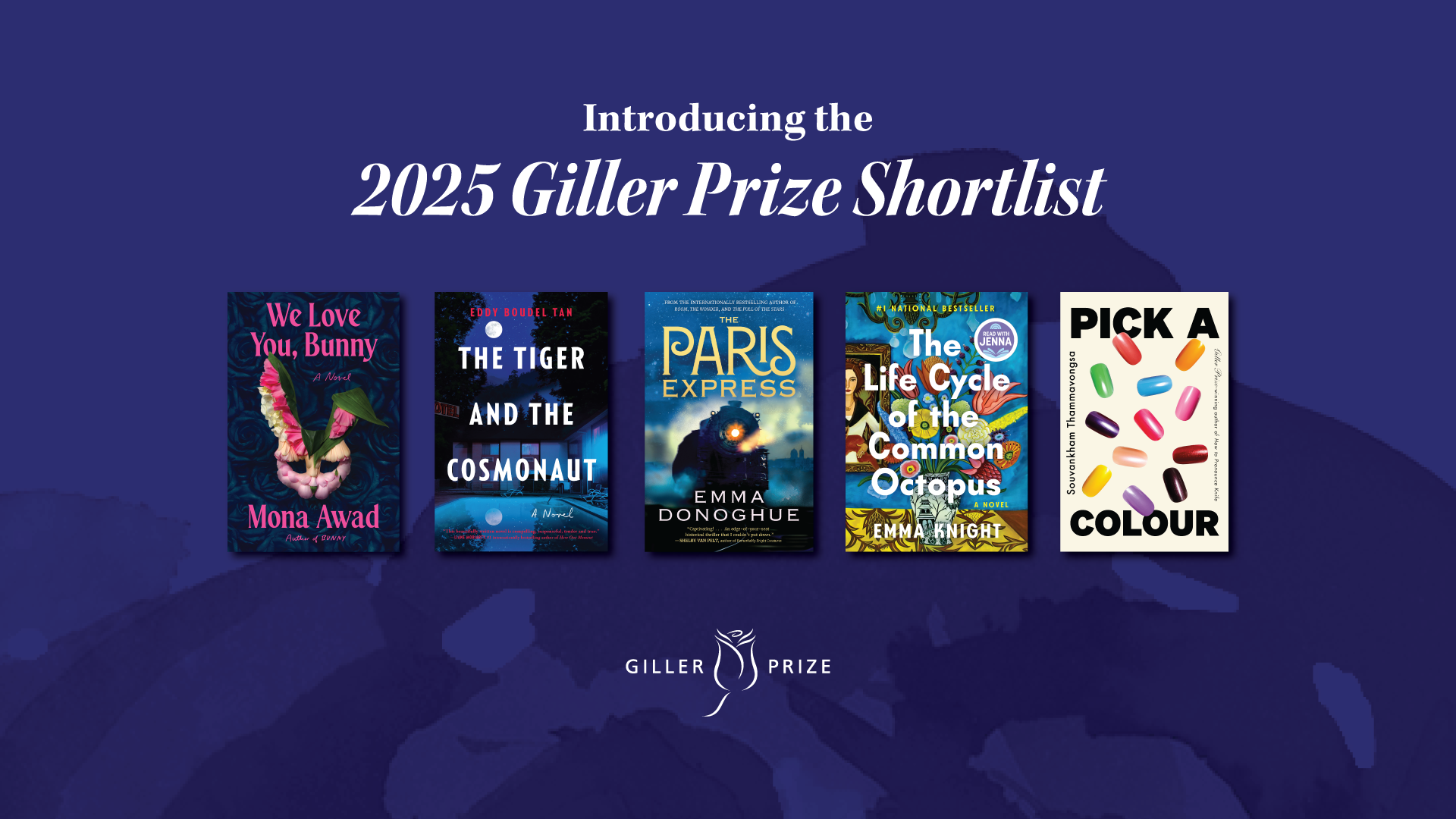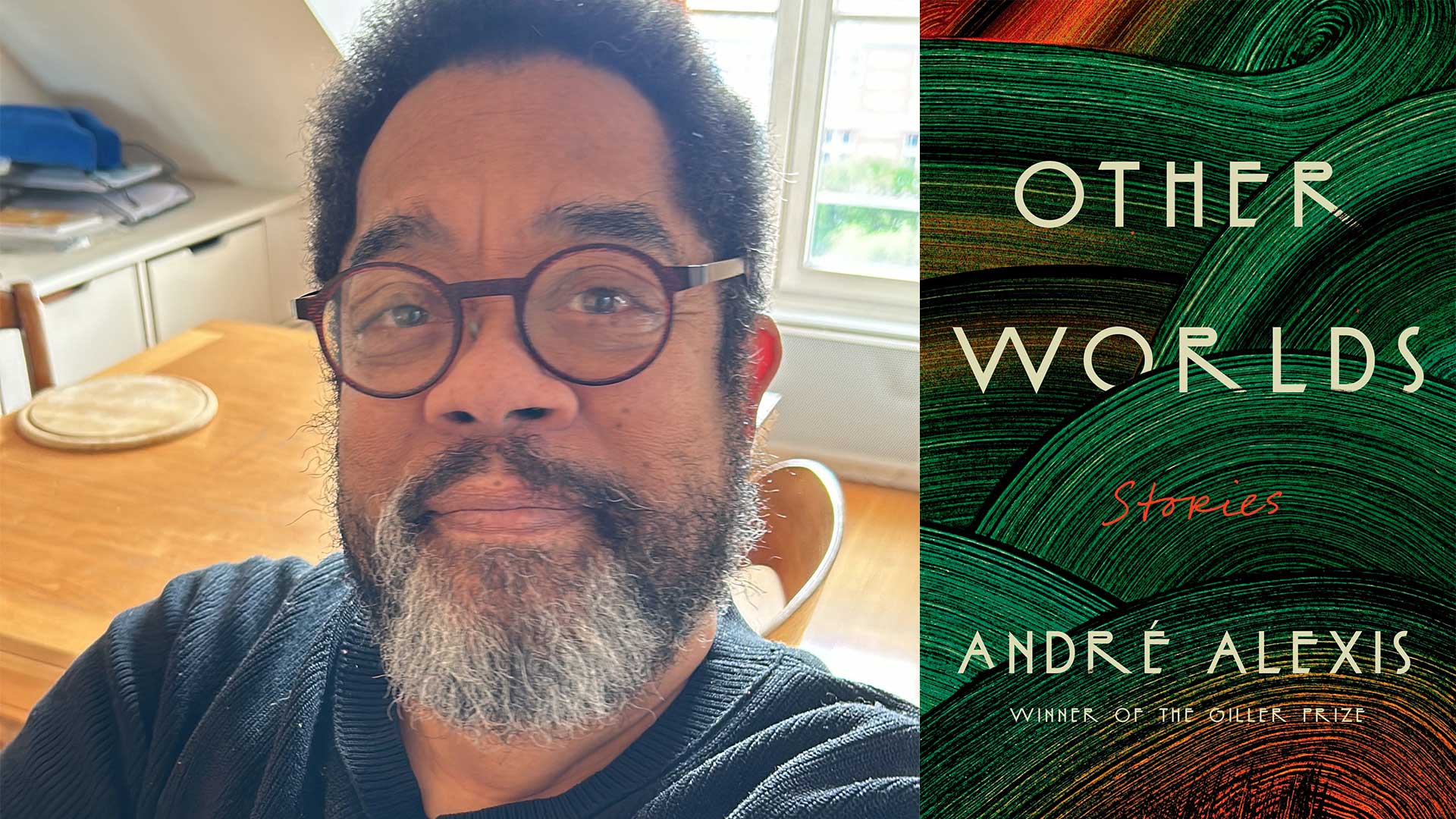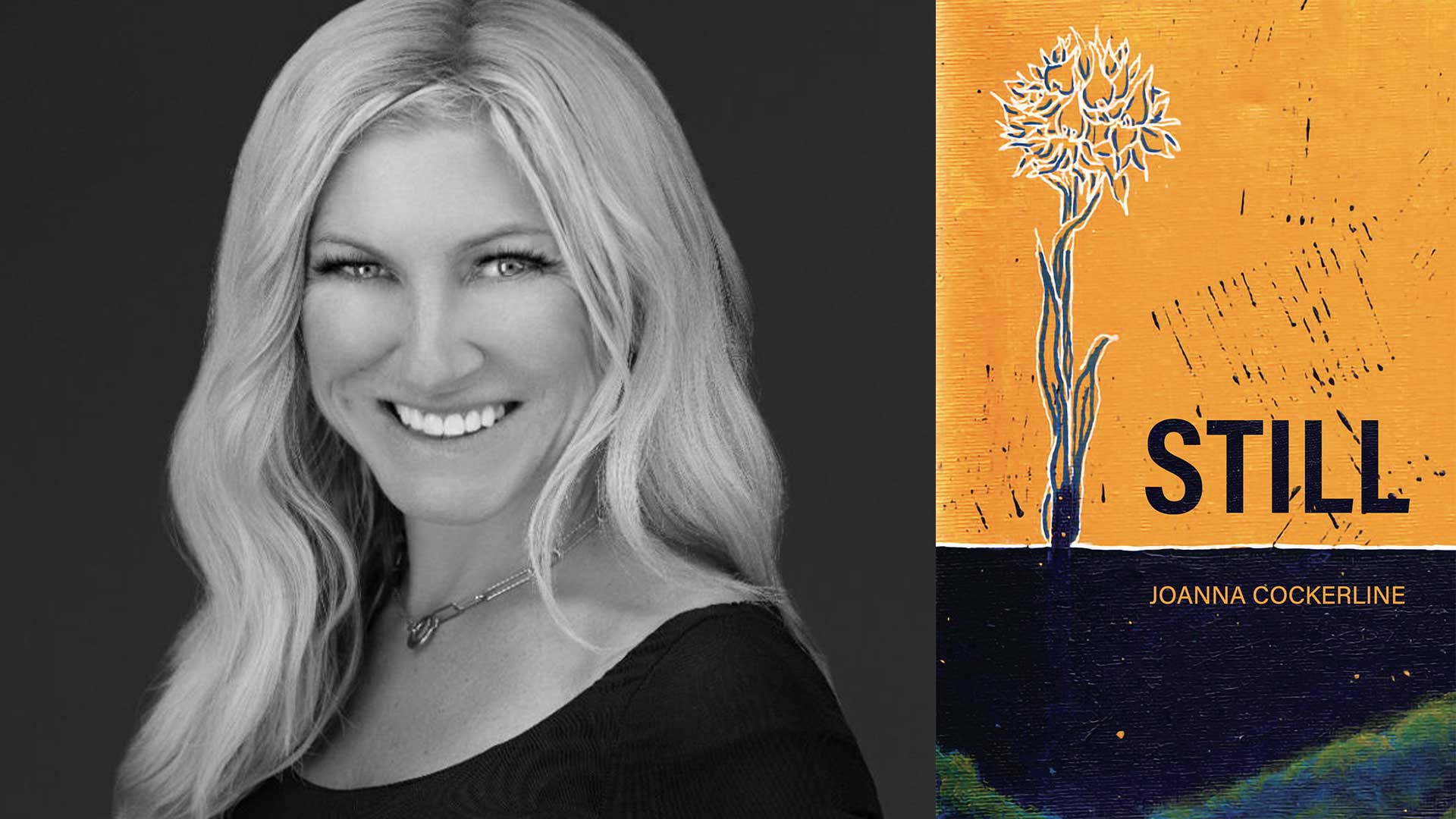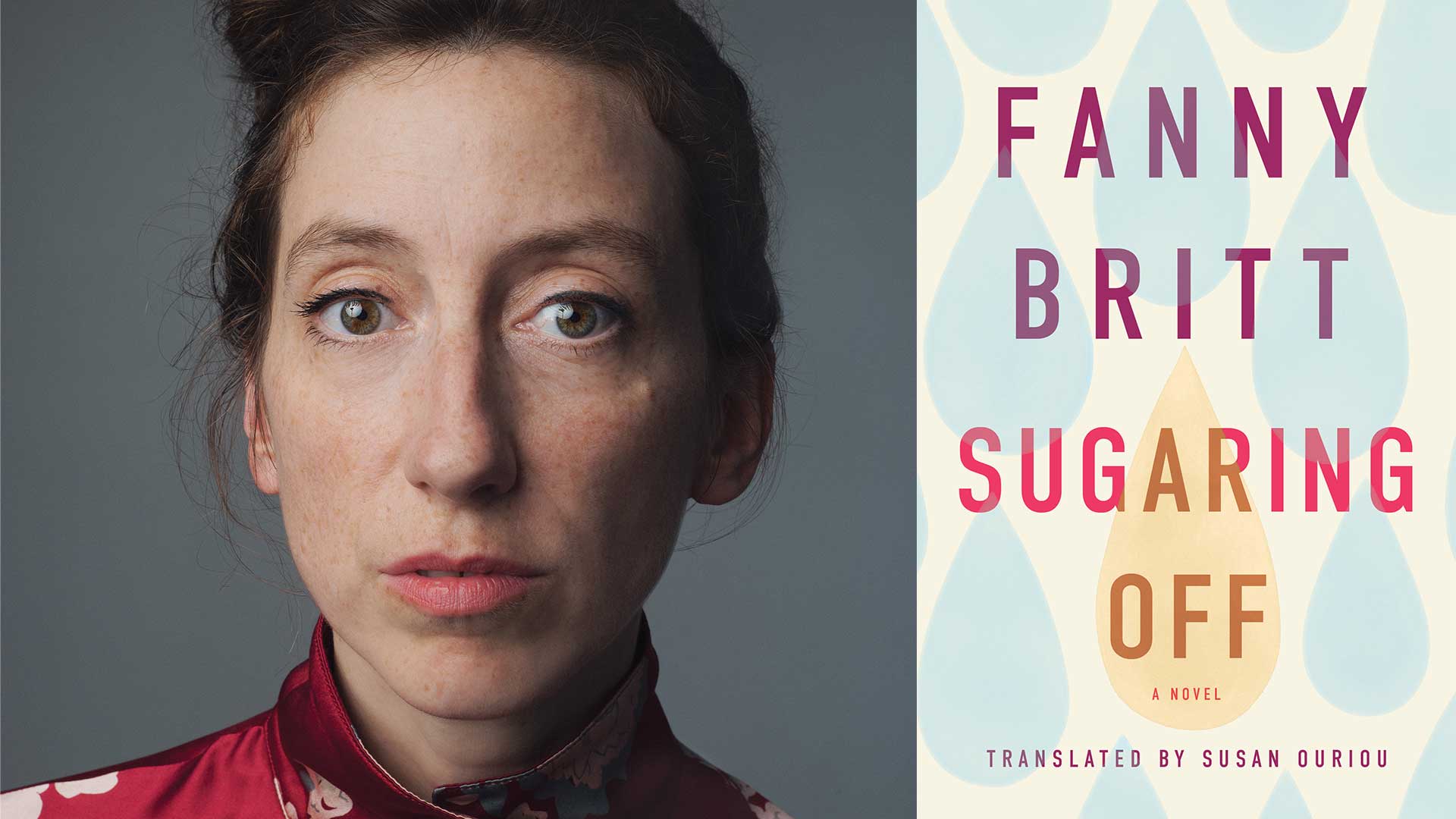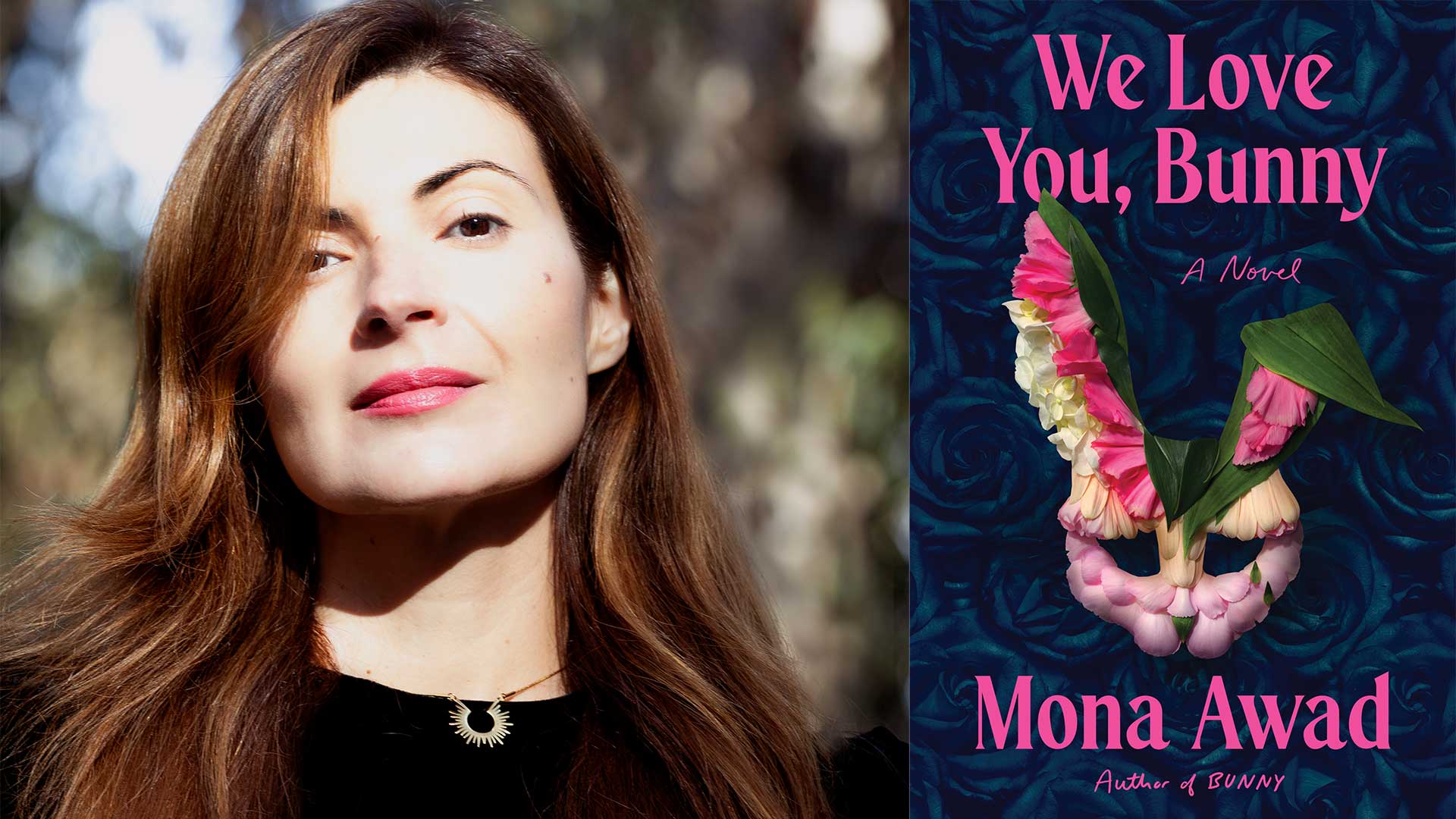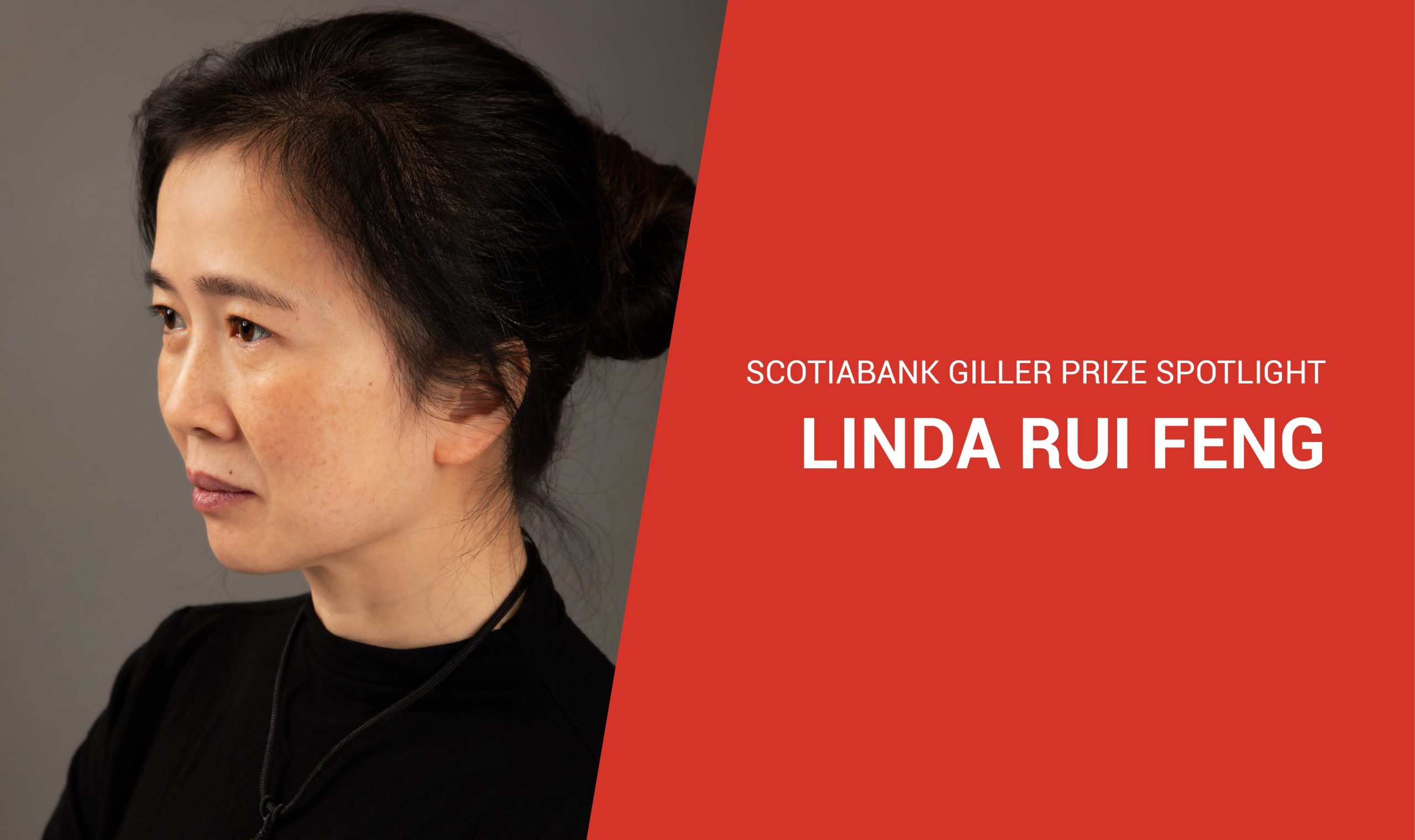
Scotiabank Giller Prize Spotlight: Linda Rui Feng
Scotiabank Giller Prize Spotlight: Linda Rui Feng
September 15, 2021
Linda Rui Feng’s novel, Swimming Back to Trout River has been longlisted for the 2021 Scotiabank Giller Prize.
Born in Shanghai, Linda Rui Feng has lived in San Francisco, New York, and Toronto. She is a graduate of Harvard and Columbia Universities and is currently a professor of Chinese cultural history at the University of Toronto. She has been twice awarded a MacDowell Fellowship for her fiction, and her prose and poetry have appeared in journals such as The Fiddlehead, Kenyon Review Online, Santa Monica Review, and Washington Square Review. Swimming Back to Trout River is her first novel.
What/who inspires you to write?
The idea that I get to inhabit times and/or human experiences that are beyond my own.
Is there an activity you do to help inspire your writing?
When I’m out walking, I can think and daydream more expansively, as if my legs are helping things along. It also happens to be a good activity to do when you mumble to yourself a lot.
Do you have a tradition for every time you finish a book?
I’ve only had experience finishing one novel, so it’s hardly a tradition, but: I mentally threw a bon voyage party for my characters, to wish them well as they go into the larger world outside of my brain, because from this point on they no longer belong to me alone.
What are you reading now?
A travelogue by Vikram Seth, From Heaven Lake, about his returning home to India from Nanjing via Tibet in the 1980s. And I continue to dip into Harold McGee’s wonderful tome, Nose Dive, about the universe of smells.
What is your favourite CanLit book?
There have been many, interspersed throughout my life. When I took my very first creative writing class at a community centre in Boston many years ago, it was with the Canadian author Audrey Schulman, and I found her novel Swimming with Jonah a true delight (and not just because it has “swimming” in the title!). She was also the first writer I met who said that you didn’t have to write from your own experience, and it was liberating to hear that in my twenties. In my first year in graduate school, a friend introduced me to Fifth Business by Robertson Davies, which sent me down a series of rabbit holes. Then when I was writing my dissertation in Beijing, I picked up Alice Munro’s Runaway in a bookstore and was so amazed by the way she dealt with the passage of time I couldn’t stop thinking about it for the entire year. All of this was before I began writing fiction of my own, and when I finally began writing my novel and was thinking about what it means to be both an emigrant and immigrant, about leaving one’s native country either in youth or in middle age, one book that resonated with me deeply was Natasha by David Bezmozgis.
What would your job be if you weren’t an author?
My answer to this question may fluctuate, but today it is this: I’d love to be a chef. Because it too involves curating a series of unfolding experiences for someone, and to realize these visions demands knowledge, skill, and a large dose of imagination.
Share this article
Follow us
Important Dates
- Submission Deadline 1:
February 14, 2025 - Submission Deadline 2:
April 17, 2025 - Submission Deadline 3:
June 20, 2025 - Submission Deadline 4:
August 15, 2025 - Longlist Announcement:
September 15, 2025 - Shortlist Announcement:
October 6, 2025 - Winner Announcement:
November 17, 2025

